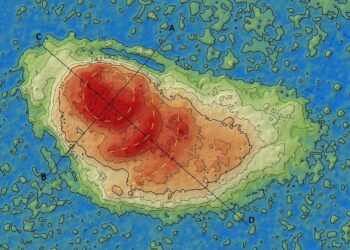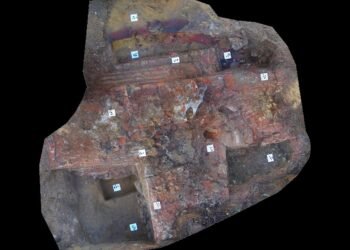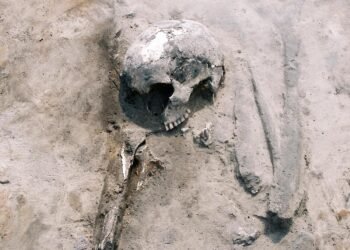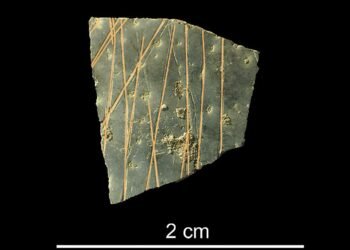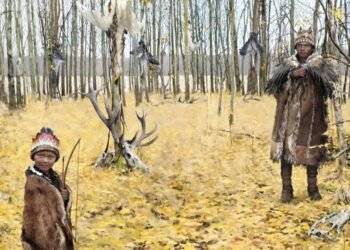Local history enthusiasts from the Wendrusz Historical and Exploration Society have made a significant archaeological discovery in the Borki forest district of Masuria, northern Poland.
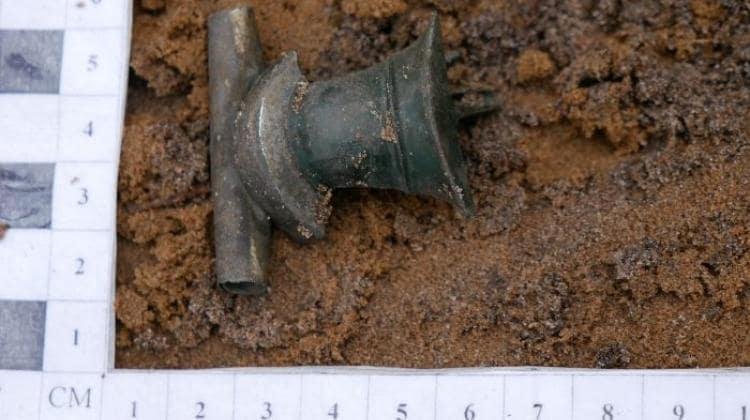
According to the Polish Press Agency (PAP), while conducting field searches with the consent of heritage protection authorities and the landowner, the society members stumbled upon artifacts dating back to the early era.
The artifacts, including four fibulae (brooches), a ring, and decorative fragments, were unexpectedly found by Bartosz Łaszczuk and Tomasz Trypuć during what was initially intended as a search for relics from World War II. The discovery was announced via social media by the Historical and Exploratory Society of the Węgorzewo Land “Wendrusz”.
Local history enthusiasts speculate that the find might indicate a Bogaczewo or Sudovian culture cemetery or settlement from the late 2nd to early 3rd century, a period marked by Roman influence. Anna Dymkowska-Kowalska, a member of the Wendrusz society, told PAP that each item is photographed with GPS coordinates and meticulously marked on a digital map to aid future archaeological investigations.

The discovery has been reported to the Provincial Office for the Protection of Monuments in Ełk and the State Forests. Magdalena Kozicka, an archaeology specialist, confirmed that the site would undergo assessment for inclusion in the monument registry, and the artifacts would be transferred to a regional museum for further study.
The Historical and Exploratory Society of the Węgorzewo Land “Wendrusz”, founded in 2021, has been dedicated to researching and promoting local history. Operating a history chamber in the former Węgorzewo railway station, the society has a track record of responsible finds.

In the past, they have reported discoveries such as a socketed axe and a dagger blade uncovered during agricultural work. Additionally, they have contributed to the preservation of historical documents dating back to the 18th century, related to the Evangelical Parish in Kuty.



